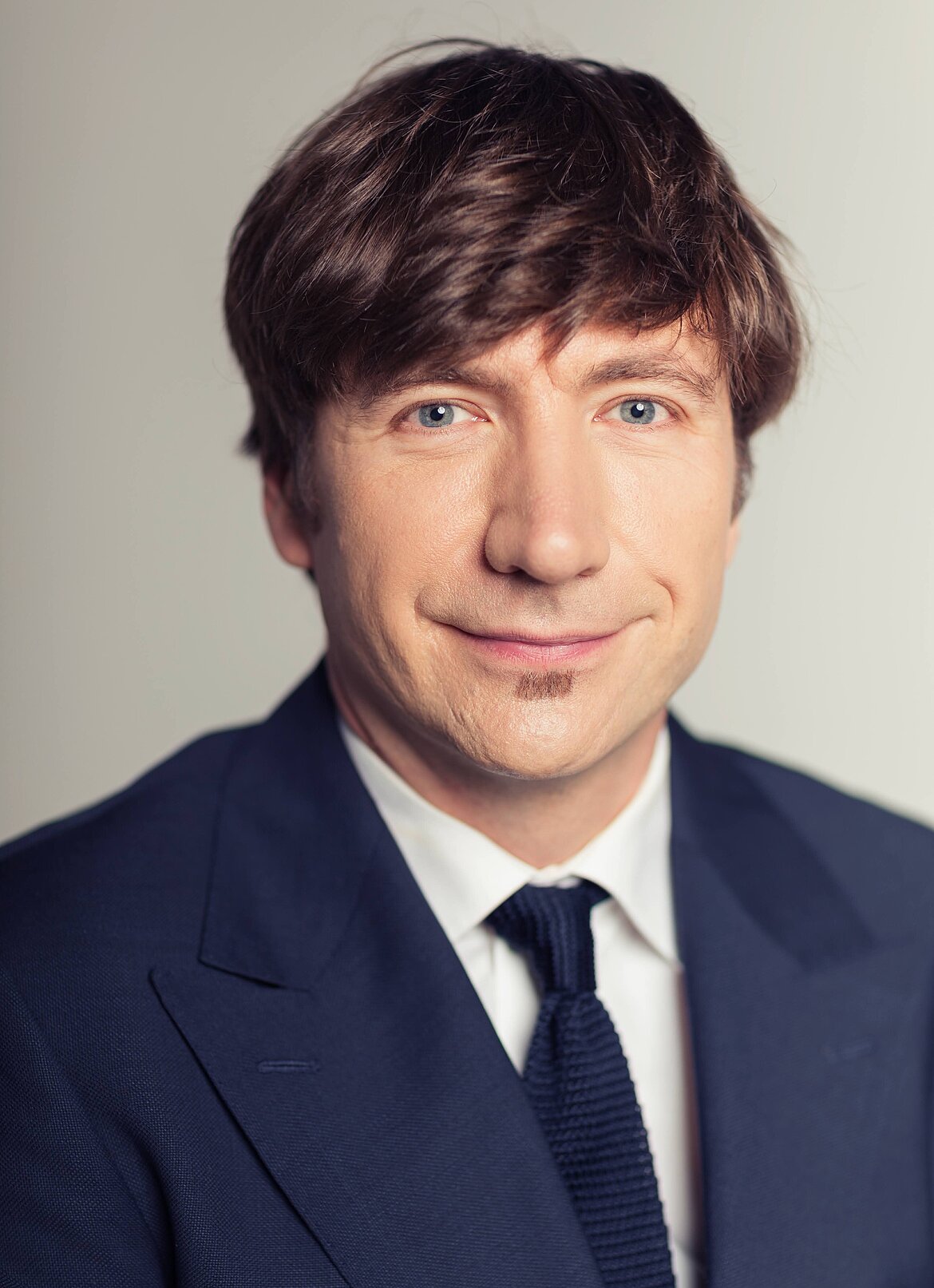International experiences help to be open-minded
News

“International experiences help to be open-minded” – Guest Professor Dr. Krzysztof J. Chmielewski from Kozminski University in Warsaw
This semester, Professor Dr. Krzysztof J. Chmielewski is a first time guest professor at the Business School Pforzheim. Specialized in marketing and brand management, he teaches two courses on marketing communication. In the interview with student reporter Svenja Maurer he talks about online teaching, his extensive international experience, and what makes Kozminski University in Warsaw so special.
Probably your start here in Pforzheim has been different than it would be under normal cirumstances. Nevertheless, how were your first days of online teaching here?
I would say it went rather smoothly. Students were able to adjust to using Microsoft Teams. And fortunately, Microsoft Teams updated their version so that it is possible to create the optional break-out rooms. In my opinion, this is very beneficial because I noticed not only with the students in Pforzheim but also in classes with my students that they are more open to talk to each other when they are more in private in the break-out rooms.
When your agreement to teach in Pforzheim was made, the pandemic was already here. What were the main reasons that you still decided to teach in Pforzheim?
First, at Kozminski University we have very good relations with the Business School Pforzheim, not only on an academic level, but also on a personal and administrative level. But the main reason was that Pforzheim is one of the biggest business schools when it comes to marketing. Also in my lectures I have noticed that students are very knowledgeable, not only concerning the specific marketing subject, but in general. They want to get more information and ask questions not related to the topic so that we can have a wider discussion. So it is really fun teaching here. And of course, the AACSB accreditation was a major argument as well.
Here in Pforzheim you teach one course in English, but also “Marketingkommunikation” in German. How did you manage to learn German that well?
I was born in Poland, but my parents emigrated when I was ten months old. So I was raised in Germany. I went to Kindergarten and primary school here, did my A-levels and my civil service in Düsseldorf. Only afterwards, I decided to go abroad for my studies.
To give our readers a mental picture: you have achieved your A levels in Düsseldorf, your Bachelor’s degree in Chicago, your Master’s degree in Bradford and your PhD in Warsaw, so you have gathered a lot of international experience. What is your main take away from all these different experiences?
First of all, it helped me to recognize the importance of cultural differences. During your studies, you always hear about Hofstede and Trompenaars and you laugh when your professor brings them back again. But what they say is actually true. So my stays abroad taught me to be open-minded and sensitive and also to try to understand other cultures in depth.
You have also taught in countries such as Canada, New Zealand or Estonia. Can you think of any major differences between universities, students or lectures there?
I am smiling to myself because there are not that many differences for me because the way I am teaching doesn’t really change, but it is the students who have to adjust. Besides, I am used to teaching in front of international students as we have many at Kozminski University as well. The biggest difference I noticed is that students from Canada or New Zealand are more eager to ask questions or to have discussions. Of course, here in Pforzheim or in Estonia, students will discuss as well when I have asked a question, but I have to push them a little bit and be more proactive.
Would you advise our students to gather international experience? International experience is important because at some point, you will encounter different people with different cultural backgrounds. And if you’ve gathered these experiences already as a student, it will be easier for you later at work. Besides, going abroad will give you the opportunity to make friends for life. I was also afraid to do an exchange year when I was young but after two years, I realized I missed out on something. Spending some time in another country will give you the opportunity to become more independent and to expand yourself as a person.
Why would you invite our students to spend their semester abroad at Kozminski University specifically?
First of all, we have the triple accreditation of AACSB, EQUIS and AMBA and we are quite high in the Financial Times ranking. We also have double degree programs on the Bachelor and Master level, from Kedge Business School in France to Ireland, Brasil or Hong Kong. And concerning the city, Warsaw is really multinational, relatively cheap and quite dynamic as there are a lot of young people. And what is also special about our university, is the familiarity. If you want to talk to our professors, they will take time for you. When it comes to teaching, it is very similar to your university, as there are rather small classes, lots of case studies, practical implications and practitioners giving insights in their jobs.
Thank you very much, Professor Dr. Chmielewski.
Kozminski University in Warsaw is a business-oriented university founded in 1993, which makes it one of the oldest non-public higher-education institutions in Poland. Today, it is considered Poland’s highest rated private university. In 2014, it was named the best business school in Poland and Central Europe by the Financial Times. It is especially known for its accreditation of EQUIS, AMBA and AACSB as only 100 business schools worldwide hold this triple accreditation. Consisting of the four faculties of management, finance & accounting, law and administration, more than 9,000 students take part in the different undergraduate, graduate and doctoral programs, including MBA programs, in Polish and English. Thanks to cooperations with 220 higher education institutions around the world, there are more than 1,500 international students from 75 foreign countries studying at Kozminski.


